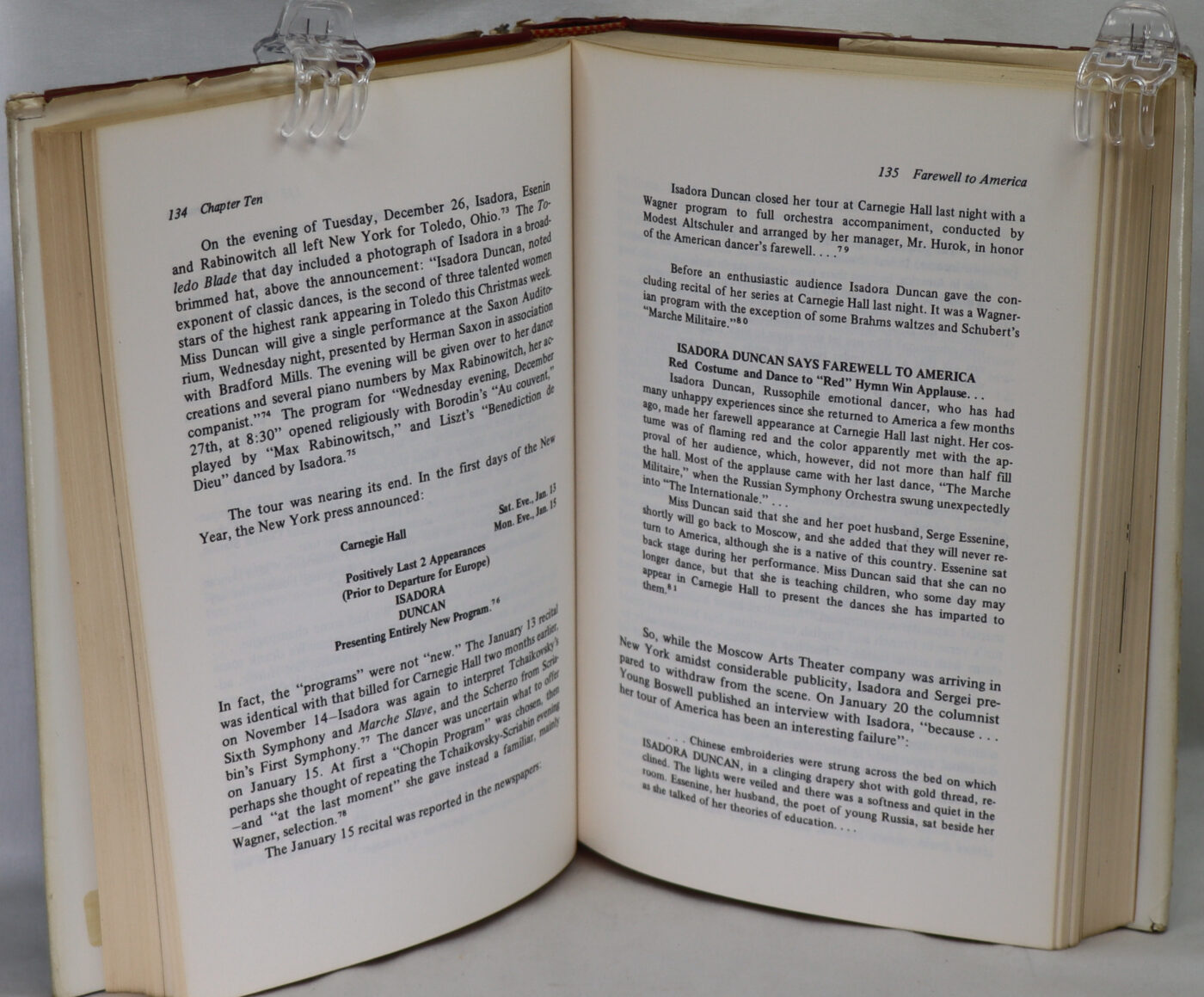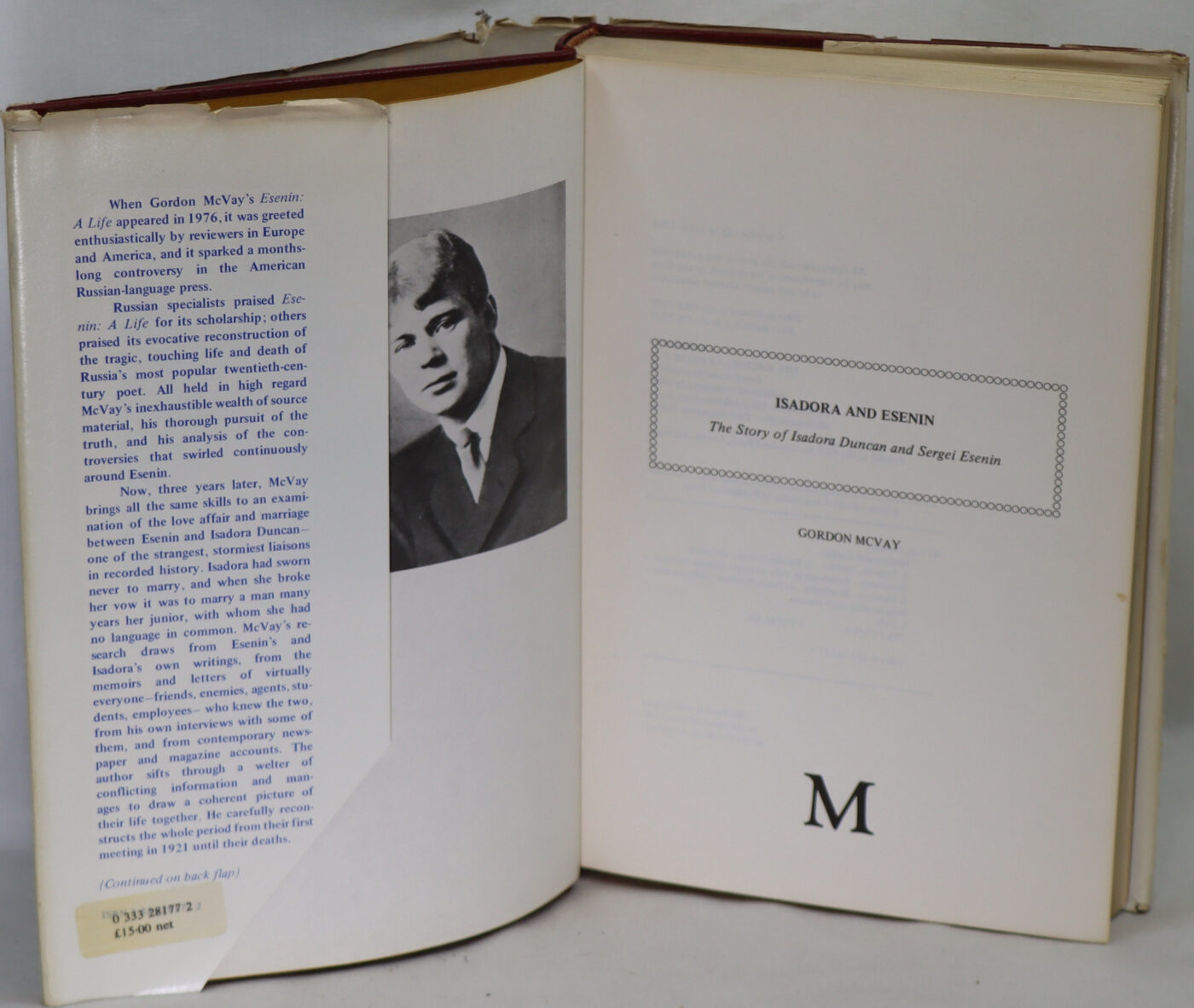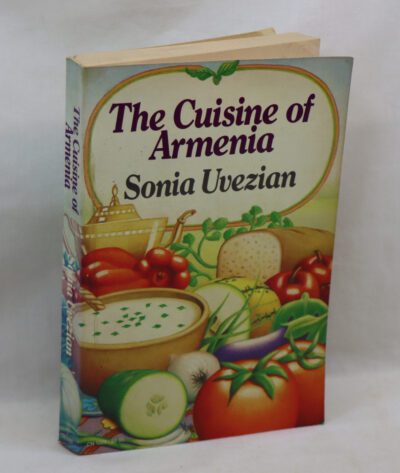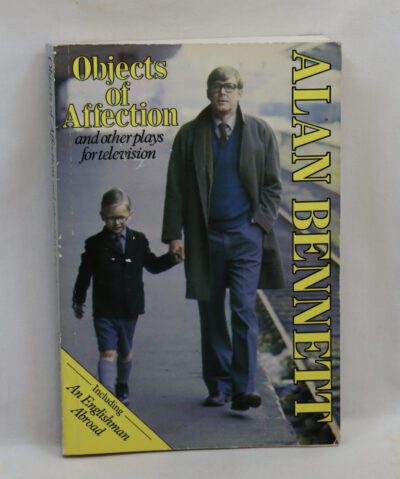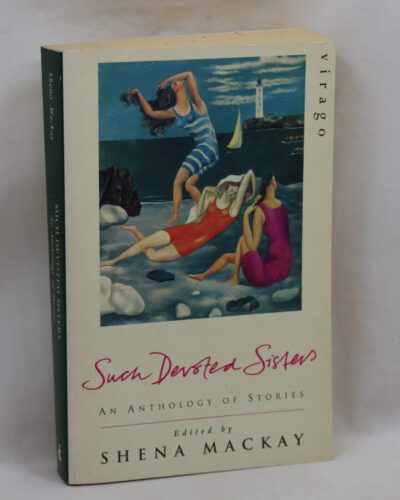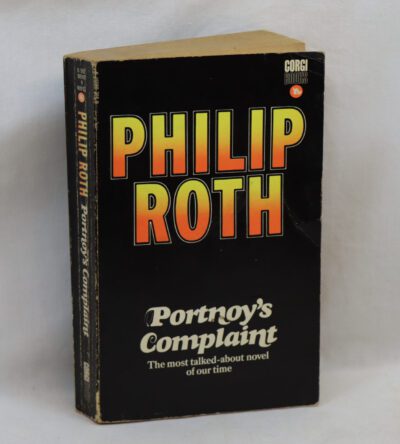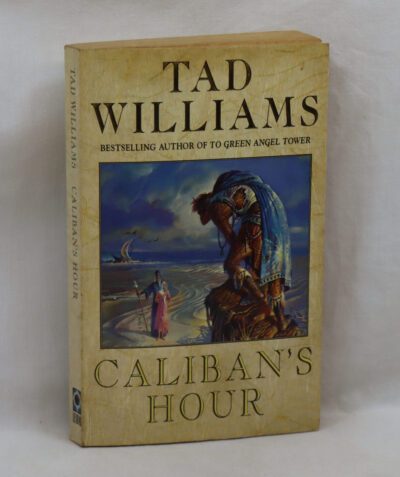Isadora & Esenin.
By Gordon McVay
Printed: 1980
Publisher: Macmillan & Co. London
Edition: First edition
| Dimensions | 16 × 24 × 3 cm |
|---|---|
| Language |
Language: English
Size (cminches): 16 x 24 x 3
Condition: Good (See explanation of ratings)
Item information
Description
In the original dust jacket. Maroon leatherette binding with gilt title on the spine
We provide an in-depth photographic presentation of this item to stimulate your feeling and touch. More traditional book descriptions are immediately available
- Note: This book carries a £5.00 discount to those that subscribe to the F.B.A. mailing list
For conditions, please view our photographs. A nice clean very rare copy from the library gathered by the famous Cambridge Don, computer scientist, food and wine connoisseur, Jack Arnold LANG. A favourite book of Jack’s mother, this stormy marriage tale is a joy to read. Please read the inside flap of the book’s dust cover for greater details.
Review: Esenin was very lyrical and used images of Russian nature to describe his personal feelings. He became very popular in Russia in the 60’s. Should be admired for his simplicity and emotions.
Sergei Alexandrovich Yesenin ( 3 October [O.S. 21 September] 1895 – 28 December 1925), sometimes spelled as Esenin, was a Russian lyric poet. He is one of the most popular and well-known Russian poets of the 20th century. One of his narratives was “lyrical evocations of and nostalgia for the village life of his childhood – no idyll, presented in all its rawness, with an implied curse on urbanisation and industrialisation”.
Yesenin’s suicide at aged 36, triggered an epidemic of copycat suicides by his mostly female fans. For example, Galina Benislavskaya, his ex-girlfriend, killed herself by his graveside in December 1926. Although he was one of Russia’s most popular poets and had been given an elaborate state funeral, some of his writings were banned by the Kremlin during the reigns of Joseph Stalin and Nikita Khrushchev. Nikolai Bukharin’s criticism of Yesenin contributed significantly to the banning.
Only in 1966 were most of his works republished. Today Yesenin’s poems are taught to Russian schoolchildren; many have been set to music and recorded as popular songs. His early death, coupled with unsympathetic views by some of the literary elite, adoration by ordinary people, and sensational behavior, all contributed to the enduring and near mythical popular image of the Russian poet. Ukrainian composer Tamara Maliukova Sidorenko (1919-2005) set several of Yesenin’s poems to music. German composer Bernd Alois Zimmermann included Yesenin’s poetry in his Requiem für einen jungen Dichter (Requiem for a Young Poet), completed in 1969. The Ryazan State University is named in Yesenin’s honor.
Want to know more about this item?

Related products
Share this Page with a friend

